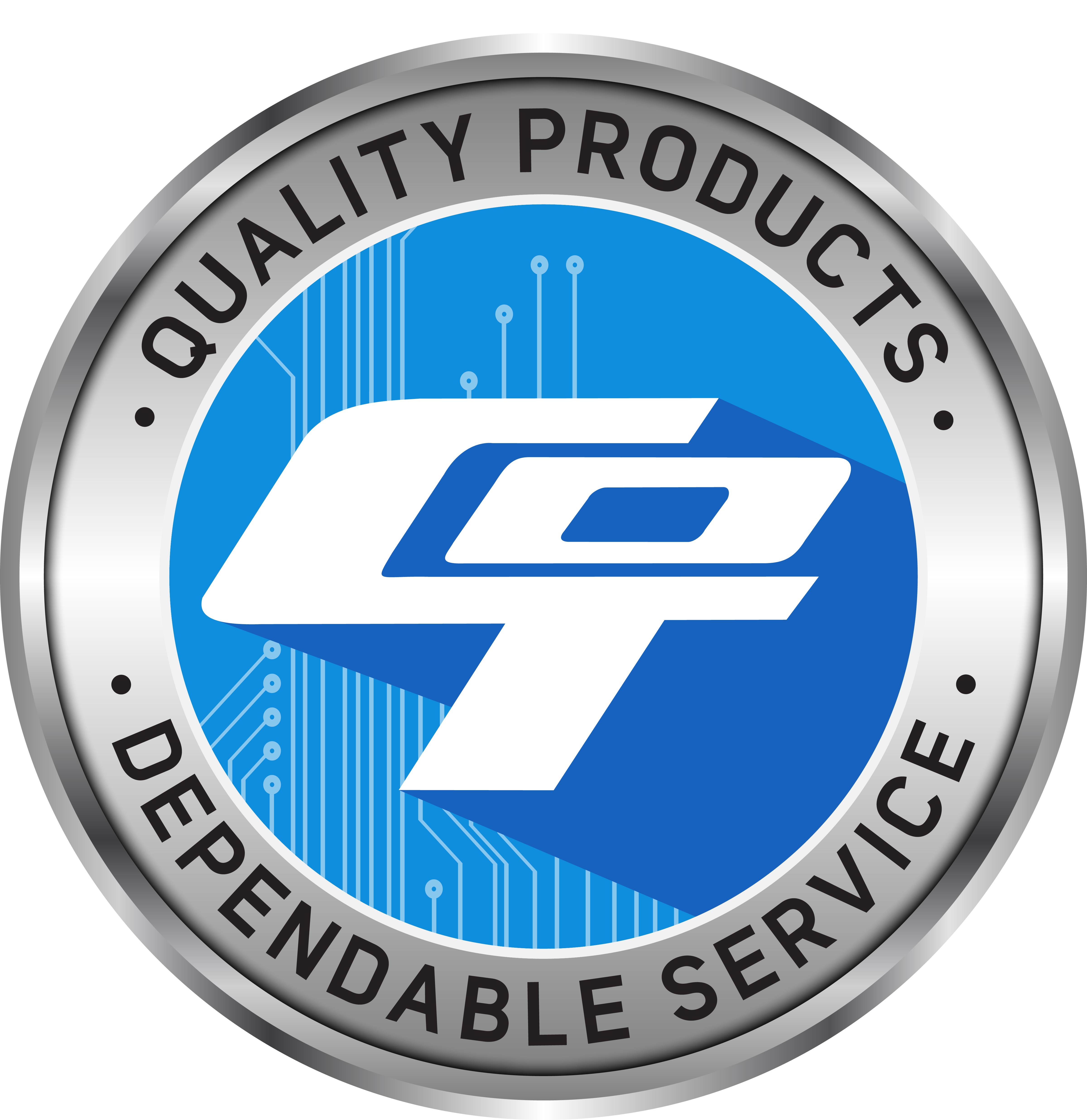Electronics Forum | Thu Apr 15 11:15:30 EDT 2004 | patrickbruneel
Pure (red) copper oxide is green, its not a residue its just oxidation. In your case water and heat will accelerate the oxidation process of unplated or unprotected pure copper. The best way to avoid this from happening is use a socket with tin or n
Electronics Forum | Tue Apr 20 14:55:19 EDT 2004 | mrmaint
Does anyone out there know of a method to remove oxidation from the balls of a BGA, other than reball. thanks, MRMAINT
Industry News | 2010-09-13 15:36:15.0
IPC — Association Connecting Electronics Industries® has released IPC-1601, Printed Board Handling and Storage Guidelines. The industry's sole standard on the handling, packaging and storage of printed boards, IPC-1601 provides users with guidance on how to protect printed boards from contamination, physical damage, solderability degradation, electrostatic discharge and moisture uptake.
Industry News | 2010-02-23 16:29:14.0
The Center of Advanced Life Cycle Engineering at the University of Maryland in collaboration with The Institute of Scientific and Industrial Research (ISIR) at Osaka University is pleased to announce the call for participation for the Fourth International Symposium on Tin Whiskers.
Technical Library | 2016-05-26 15:07:36.0
The oxide layers are known as wetting inhibitors in component and PCB metallizations. The oxide acts as barrier that prevent the tin diffusion from happening. Besides, in corrosion studies, the role of salt residues -with Cl ion- on some metals is known as being promoters of oxidation or corrosion. On the other hand, most of corrosion studies with tin metallization are focused mainly on the corrosion resistance of tin alloys, but little has been done respecting to the influence of salts on tin metallization wetting. In this paper, a series of experiments was carried over to know the influence of specifically NaCl on BGA wetting given Head in Pillow (HiP) as result.
Technical Library | 2013-07-18 12:12:40.0
Lead-free nanosolders have shown promise in nanowire and nanoelectronics assembly. Among various important parameters, melting is the most fundamental property affecting the assembly process. Here we report that the melting behavior of tin and tin/silver nanowires and nanorods can be significantly affected by the surface oxide of nanosolders.
Department of Chemical Engineering, University of Massachusetts
SMTnet Express July 18, 2013, Subscribers: 26169, Members: Companies: 13430, Users: 34947 Effect of Surface Oxide on the Melting Behavior of Lead-Free Solder Nanowires and Nanorods by Fan Gao, Karunaharan Rajathurai, Qingzhou Cui, Guangwen Zhou
| http://etasmt.com/cc?ID=te_news_bulletin,23573&url=_print
. Process and design-related causes: • Solder paste flux not aggressive enough for level of oxidation present on part or PCB • PCB pad contaminated
ASYMTEK Products | Nordson Electronics Solutions | https://www.nordson.com/en/divisions/select/technologies-or-options/solder-nozzle-cleaning
Solder Nozzle Cleaning - English Solder Nozzle Cleaning - German Solder Nozzle Cleaning Flux Gel Solder Nozzle Cleaning to Ensure Consistent Quality Features and Benefits - Removes oxidation residues and re-tins the nozzle surface without overspray of machine or

COT specializes in high quality SMT nozzles and consumables for pick and place machines. We provide special engineering design service of custom nozzles for those unique and odd components.
2481 Hilton Drive
Gainesville, GA USA
Phone: (770) 538-0411